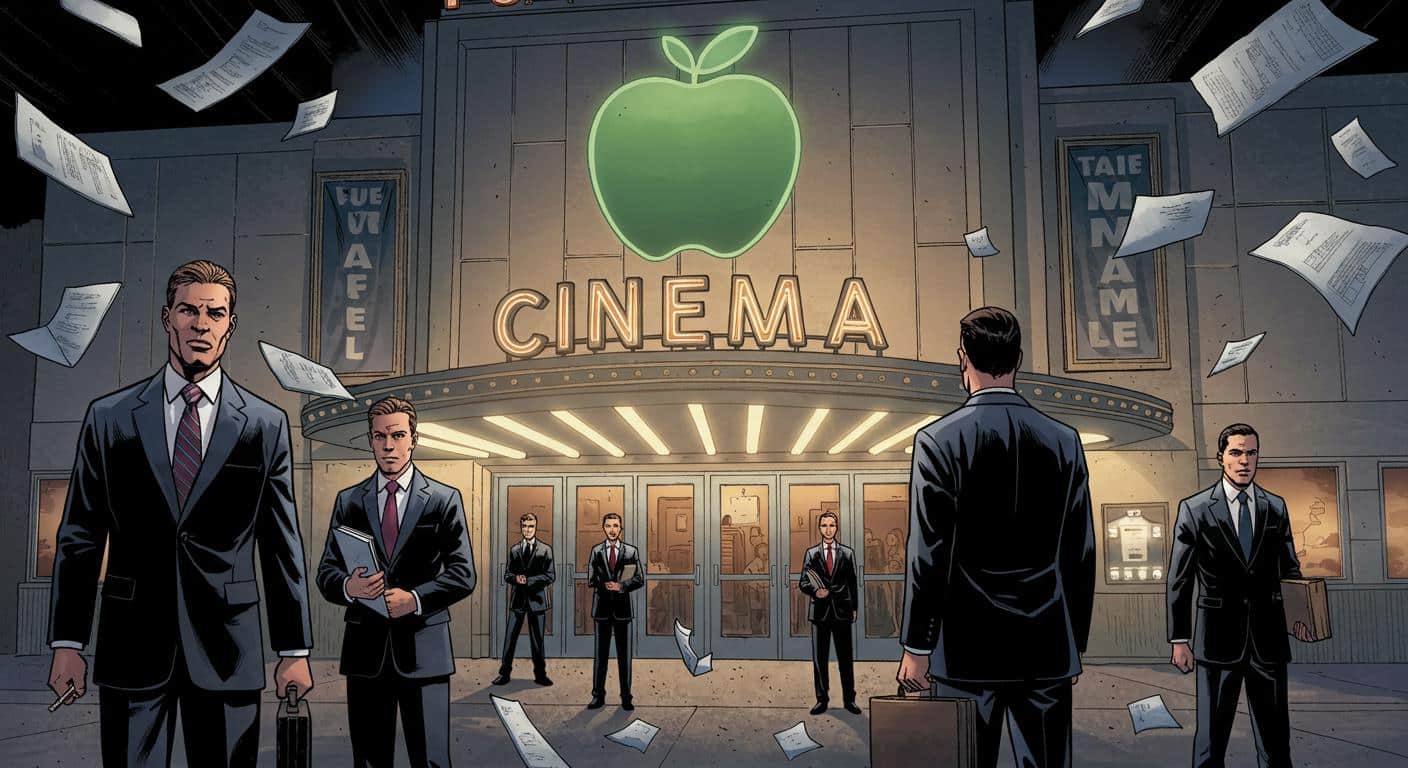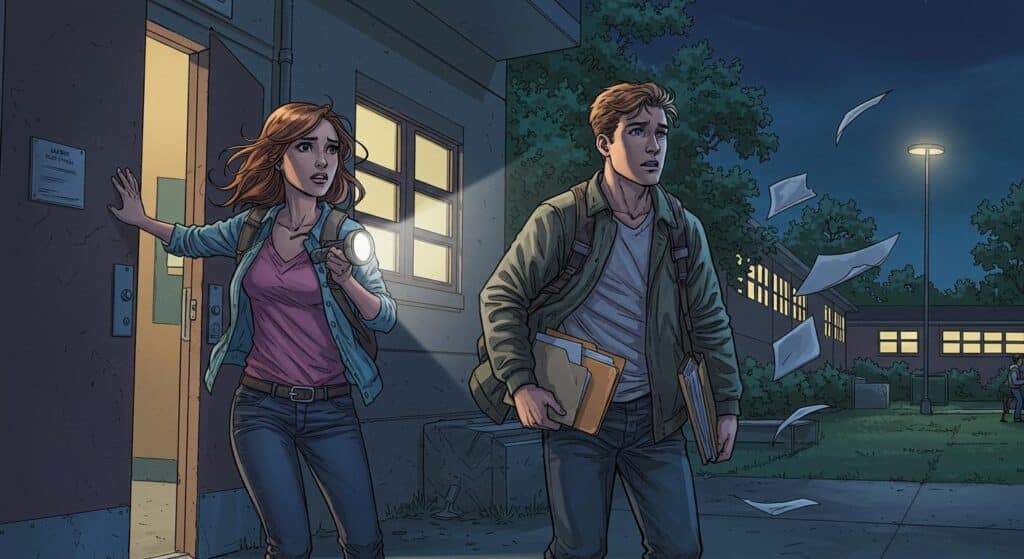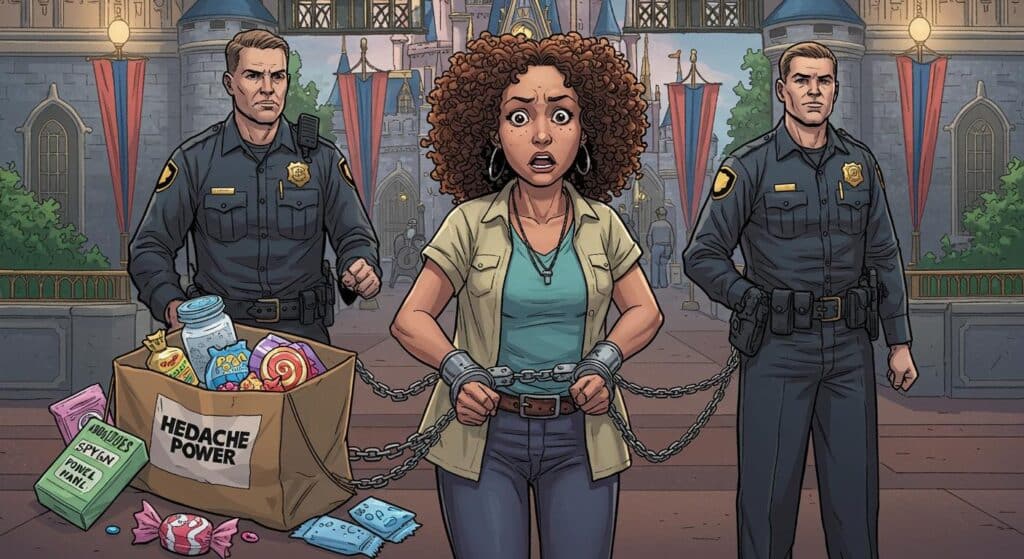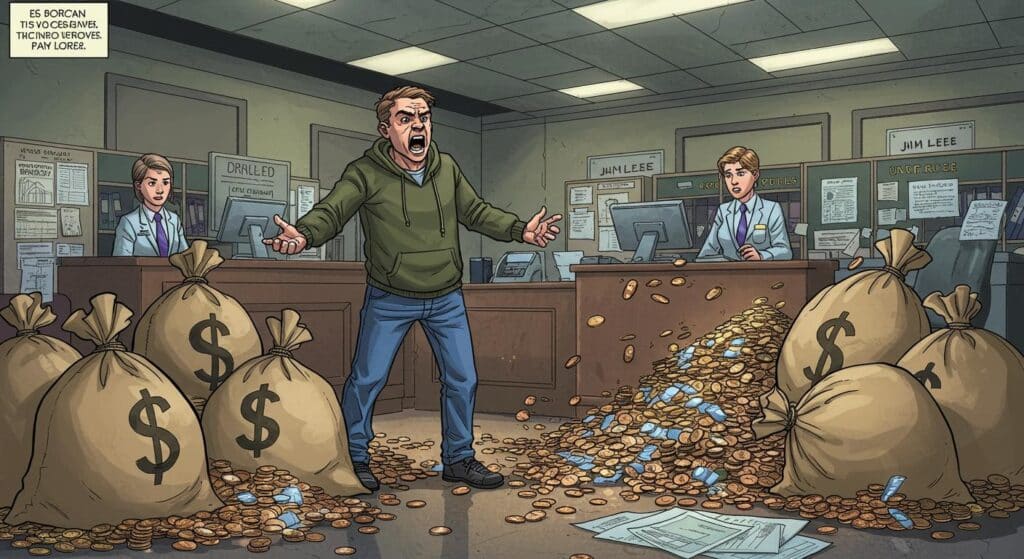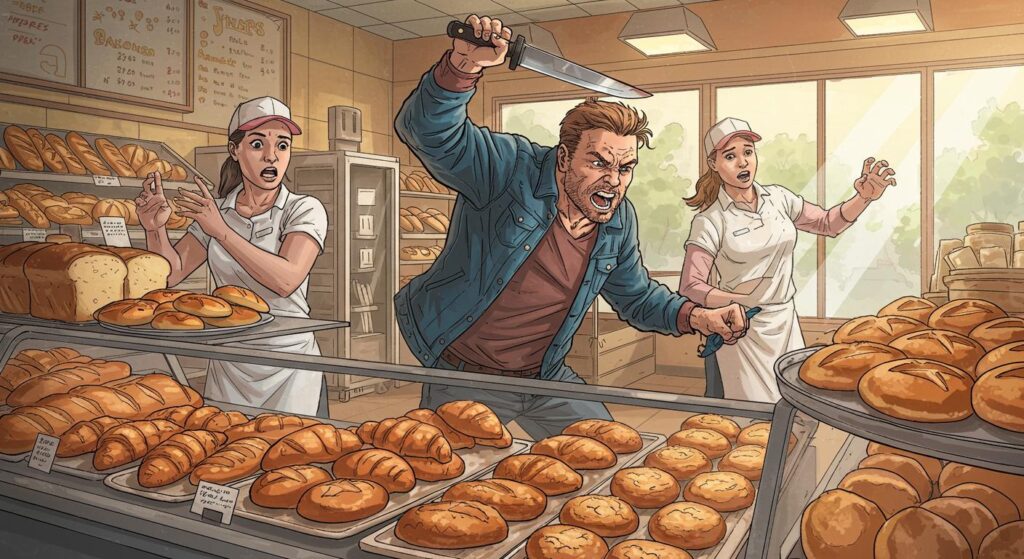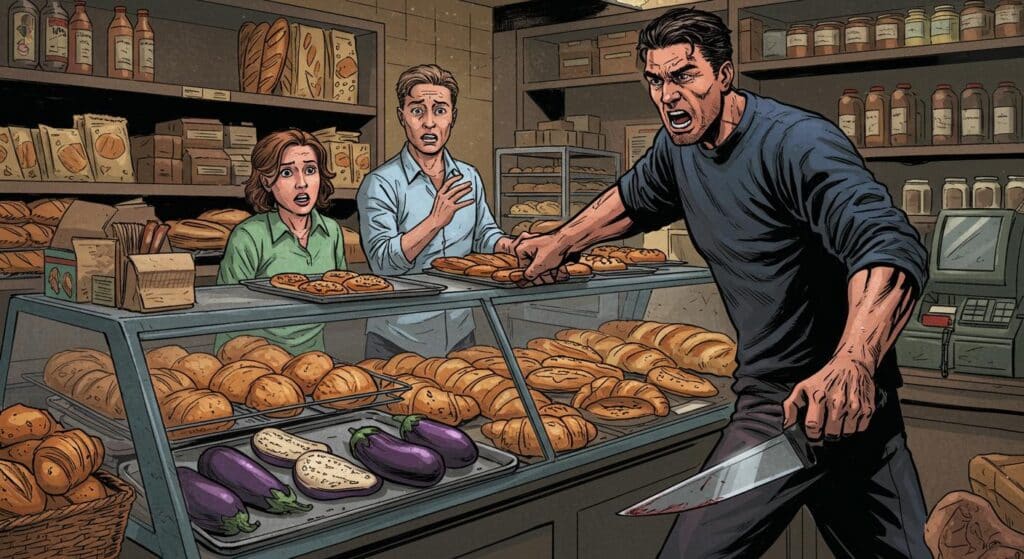Naming a business today is a bit like venturing into a minefield with a blindfold—one never quite knows when a million-dollar lawsuit might go off. Still, you’d hope the choice of the name “Apple Cinemas” for a nationwide movie theater chain would give someone pause, what with Apple’s famously aggressive approach to protecting its mark. Yet as AppleInsider details, the Massachusetts-based chain seems to have plowed ahead undeterred—at least until Cupertino’s legal department picked up the scent.
When Apples Collide
Tracing the timeline pieced together by AppleInsider, the story starts with Apple Cinemas operating quietly since 2010, finally opening its first theater in 2013. For over a decade, their existence gave Apple little reason to notice—the theater group remaining a modest New England staple. As the outlet recounts, this absence of conflict changed abruptly after Apple Cinemas expanded into San Francisco in July 2025, mere miles from Apple’s own headquarters at Apple Park. The move was paired with an ambitious plan to roll out as many as 100 new locations nationwide. Perhaps unsurprisingly, this encroachment “too close to home” ignited Cupertino’s legal fuse.
Legal filings, described by AppleInsider, reveal that Apple attempted to resolve the matter quietly at first. The tech giant asserts multiple, repeated efforts to engage with the theater’s owners, only to be met with silence or non-response. In documenting their case, Apple cited public confusion, pointing to social media chatter in which some posters expressed uncertainty about whether Apple the tech company had started running movie theaters—an ambiguity that, from a trademark perspective, courts rarely ignore.
Further muddying the distinction, AppleInsider notes that Apple Cinemas promoted its new San Francisco venue by advertising “high-tech” amenities, while also teasing future Bay Area openings. In a layer of irony apparently not lost on Apple’s legal team, the theater featured Apple’s own original film “F1: The Movie” on opening weekend—something also confirmed through theater listings reviewed by the outlet. There is a certain poetry in accidentally causing confusion by screening your (alleged) legal adversary’s content.
Trademarks, Timing, and Tangles
The drama gets stickier with the details of Apple Cinemas’ trademark application efforts. According to court records cited in the reporting, the theater’s owners—Sand Media—applied in 2024 to the US Patent and Trademark Office for rights to register both “Apple Cinemas” and “ACX — Apple Cinematic Experience.” The USPTO denied both applications, explicitly noting a likelihood of confusion with Apple Inc.’s existing trademarks.
After this denial, as explained by AppleInsider, Apple followed up with a cease and desist letter. So far, the theater’s owners have avoided any public comment, leaving their intentions open to speculation. Reports indicate that, beyond sharing a name, Apple Cinemas’ expansion strategy appears to target areas near Apple’s network of retail locations. Add a marketing push centered on “high-tech” theater experiences, and it’s easy to see why Apple claims the line between phone store and popcorn counter is blurring a bit too much.
AppleInsider rounds out the scene by listing current ticket prices at the San Francisco Apple Cinemas Van Ness Imax—$18.75 for a standard adult ticket, with discounts for seniors and children. While perhaps not enough to tip the scales, the detail underscores just how far the theater has come from its Massachusetts roots. Earlier in the report, it’s mentioned that Apple Cinemas has largely kept to its original logo and name throughout its gradual expansion.
The Fruit Stand Dilemma
All of this is made more intriguing by the basic commonness of the word “Apple.” As various commentators on AppleInsider’s public forums observe, this is hardly an obscure term—fruit stands, music labels, restaurants, and more have all plucked its familiarity for their own branding. Yet, as the comments remind us, trademark law functions on both distinctiveness and likelihood of causing confusion in the marketplace. The Beatles’ Apple Corps and Apple Computer saga comes to mind (and, as several point out, ended up with a careful division of industries that didn’t quite last).
Public responses quoted by the outlet are split. Some argue that Apple Cinemas, with a start date in 2010, might push for the notion that their trademark has become generic or simply too old to challenge. Others retort that, when an upstart parks itself next to a tech titan and brandishes its “high-tech” offerings, innocence is in short supply. Another notes, somewhat wryly, that all this confusion could have been avoided with any name other than “Apple” for a cinema barely out of the New England corridor.
Shouldn’t Someone Have Checked?
As chronicled in AppleInsider’s summary, the chain’s efforts to secure their trademarks were blocked well before the legal fireworks began—hardly an obscure warning sign. With the USPTO’s explicit rejection on record, and a cease and desist letter arriving from Apple, the decision to ignore both may signal a bold brand vision or, perhaps, simple oversight. Still, the optics of opening right in Apple’s backyard, advertising “high-tech” cinema, and showing Apple-produced films while bearing the name “Apple Cinemas” seem like a set of search engine keywords just waiting to be entered into a lawyer’s docket.
Is it mere optimism to push ahead, or did the allure of a familiar—some might say iconic—name override common sense? As history has shown repeatedly, few companies defend their image as relentlessly as Apple. There’s a playful kind of absurdity in hoping that time alone will turn “Apple Cinemas” into a protected, generic mark—especially when the name’s most famous association is still right down the street, cranking out iPhones and blockbuster films.
So, was it an act of ambition, defiance, or simply a classic case of someone not running a quick search before placing the order for those gleaming new signs? When your entire national rollout depends on a word that dominates both the produce aisle and Silicon Valley boardrooms, it’s worth considering: might a little more Googling—and a little less bravado—have saved everyone the legal drama?

